'This is not the time to divide either the Democratic Center or the country': Paola Holguín

In an interview with EL TIEMPO, Senator Paola Holguín, presidential candidate for the Democratic Center, talks about the process for selecting a candidate within the opposition party and the differences that have arisen within it.
How is the process going in the party to select its sole candidate? 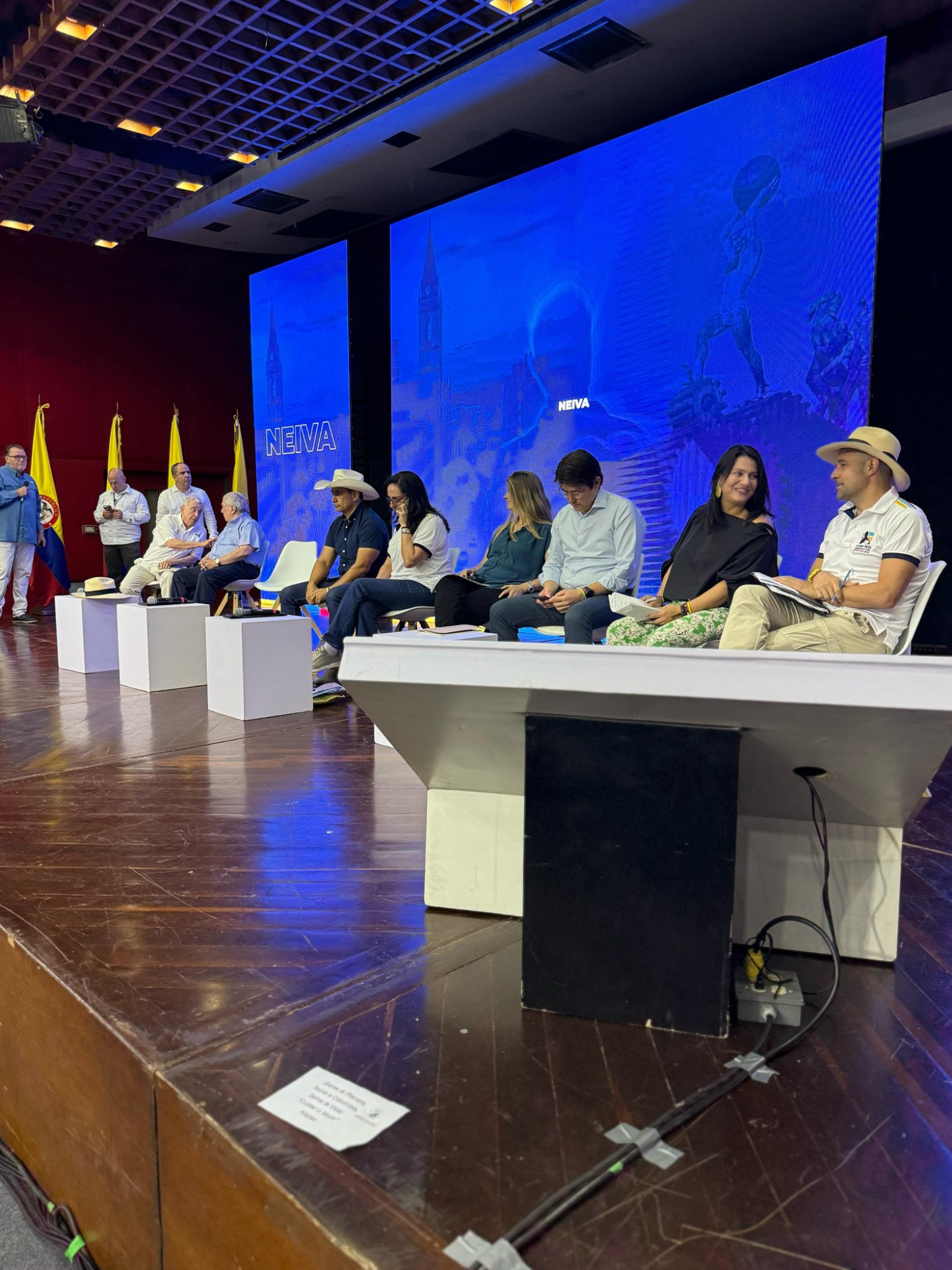
Democratic Center Forum in Neiva, Huila. Photo: Democratic Center Press
The Democratic Center is the only party currently having a pluralistic, democratic, and public process for selecting its presidential candidate. We are in a process where the platform is the starting point, and the candidate, the destination. We have held six forums on security, illicit income, education, employment, energy, among other topics. This will allow us to provide assessments and proposals for whoever the party's candidate is. That is very valuable.
What have you talked about recently regarding the mechanism for selecting the candidate? We've had several meetings between candidates and the delegates representing the candidates. A week ago, we had a meeting with former President Uribe, where we reached some initial agreements. The rule remains that the timing and mechanism will be decided by the pre-candidates. Secondly, in the coming days, we will announce a tentative date and how the mechanism is progressing. We will also establish parameters for the pre-campaign. We're doing well; we're making progress. There's not as much eagerness to name the candidate, and building the platform is very important.
But, for you, what is the ideal mechanism and the one that gives you the most peace of mind? The truth is, I don't have a preferred mechanism. The mechanism doesn't keep me up at night. I welcome whatever mechanism is decided among the pre-candidates. I have no problem with that. What I have been repetitive about is the need for us to choose a candidate in the last quarter of the year. Any mechanism at this point measures recognition, which isn't necessarily voting intention. Normally, in electoral processes, those who start out ahead end up trailing, because the measurements are always based on recognition until the election is close, when voting intentions really begin to be measured. Furthermore, we had a very bitter experience in the last campaign. We already know Petro's style of burning out candidates, crossing the ethical line. So, the sooner we have a candidate, the sooner we hand them a target.
There seems to be internal disputes and they're not united. Is that so? 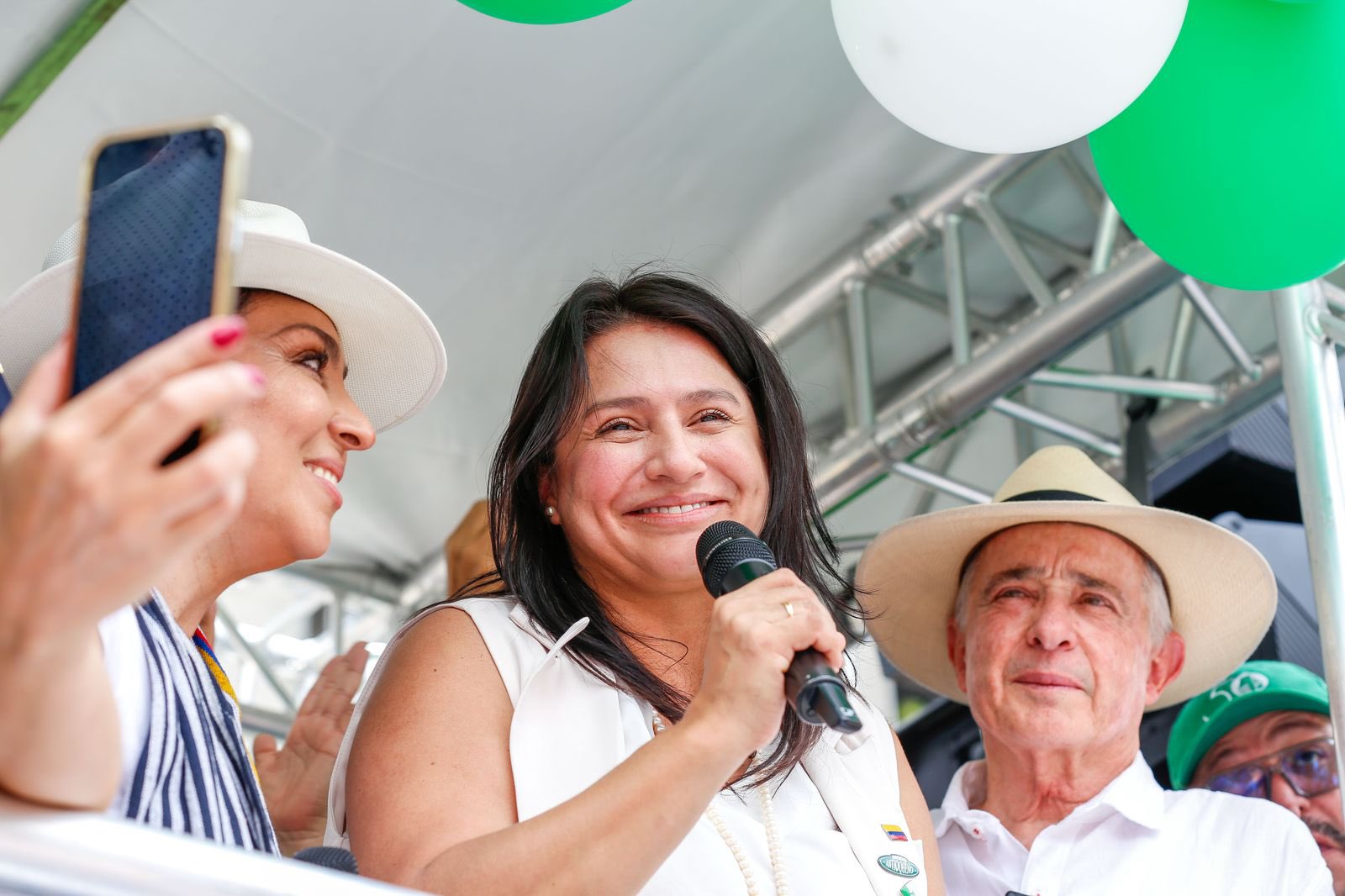
Paola Holguín and Álvaro Uribe. Photo: Social media (X).
It's what happens in any electoral contest. It's normal for some differences and friction to arise at times, but we're clear that we're going to put forward a single, united candidate. When you belong to a party like the Democratic Center, you have to be clear about several things: here, any personal interests take a backseat. The urgent need is to create a strong alternative to the current government in order to begin the rescue of Colombia. Friction is normal, but it's a shame that many of them are being aired publicly, because that's part of the normal process. Ideally, we should address this with complete openness, as happened in Neiva, where we were clear on the points, on how we're going to work, and, above all, that this is not the time to divide either the party or the country.
That is to say, there have been the normal differences in a process in which you are competing and want to win, but the statement from last weekend already shows that you are united and what matters is the party and the unity candidate... That's right, what matters is the single candidate and achieving unity for Colombia. Sometimes political mechanics are complex, but in a time like the one we're experiencing in the country, all of that has to take a backseat. Today, Colombians need us to give them hope. We see that people are very anxious and uncertain. What we need to start telling Colombians is that we have a platform of real solutions to the pain of their citizens.
What we need to start telling Colombians is that we have a platform for real solutions to the pain our citizens face.
We haven't closed the door to any coalition. We've always said that the most important thing is Colombia. We haven't ruled out participating in a referendum in March . It's worth remembering that in the last election, it was the coalition that closed the door on us and didn't allow Óscar Iván to participate. We hope that history doesn't repeat itself this time.
And what solutions do you propose to Colombia? 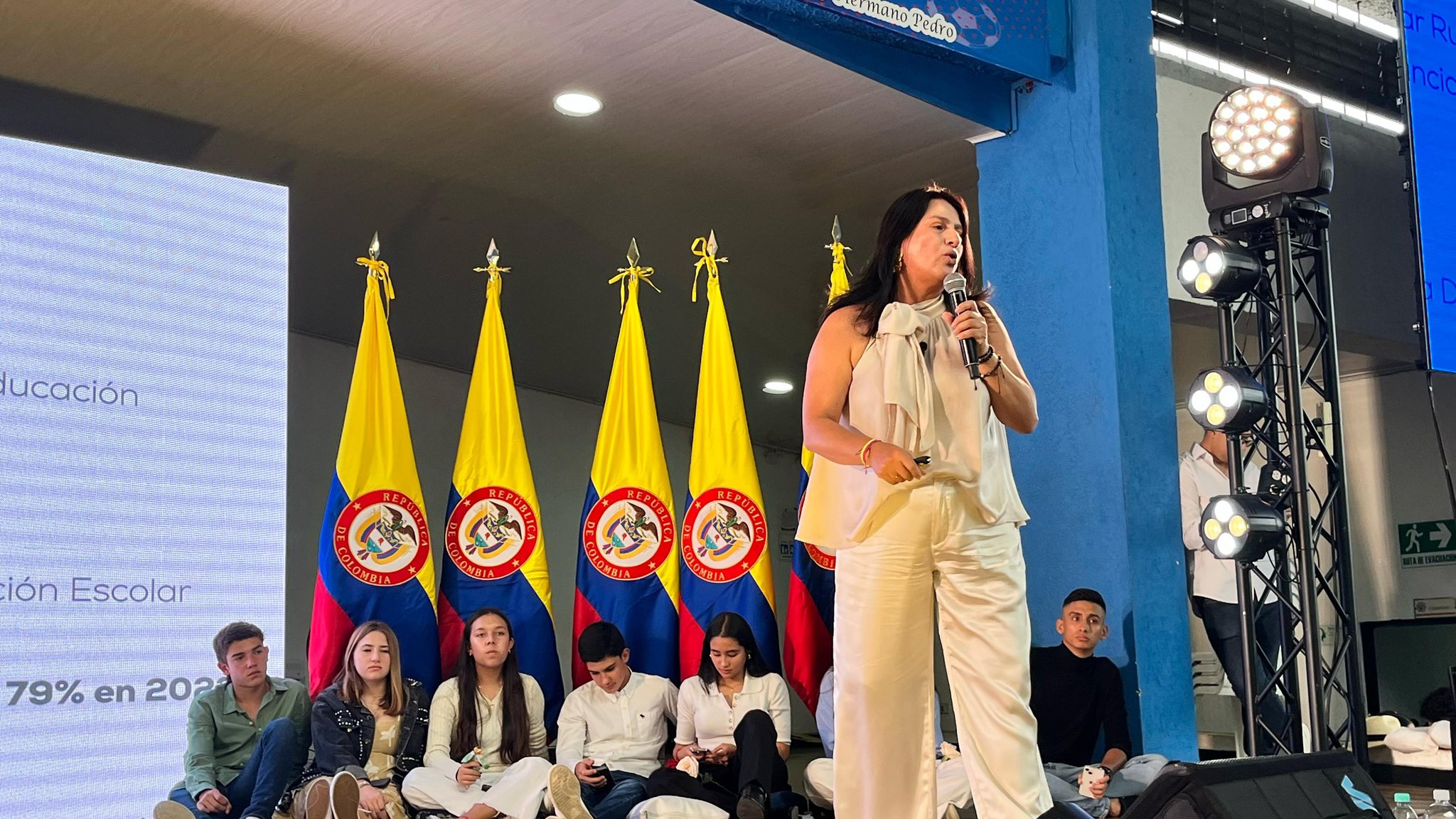
Democratic Center Forum. Photo: Social media
This is a moment that requires restoring democracy, institutionality, and citizen trust in the government. And how is that achieved? By setting a good example. Colombia wants a completely different president, one who demonstrates discipline, a commitment to the solutions citizens need, who is sensible, and free from the trappings of ideological radicalism. It is essential to restore a relationship of respect with the courts, Congress, the media, and the opposition . This country is clearly suffering. The security policy and the so-called "total peace" failed. Today, what Colombians see is a strengthening of criminal organizations and a weakening of the security forces. We have always insisted on a comprehensive security policy that understands that security and justice are inseparable. If we do not overcome the levels of impunity, it will be very difficult to guarantee the effectiveness of any security policy. It is urgent to financially unbalance criminal organizations. To achieve this, it is key to strengthen the FIAF (Union of the United Nations Financial Unit) and request Colombia's reinstatement of the Egmont Group. We will work with our traditional allies, such as Israel and the United States. It is also necessary to restore the number of men in the Armed Forces, as well as their operational, intelligence, and counterintelligence capabilities.
And how do you see finances? That's another obvious pain point. We believe in economic freedom and deregulation. It's urgent to reduce taxes and guarantee legal stability. We're not going to persecute business owners or any productive sector. This has been a government that has been cruel, for example, to the mining and energy sector and other strategic sectors. We're going to offer all the necessary guarantees. We're going to apply "Milei's chainsaw" to the State: we have an enormous and bureaucratic state apparatus. It's also essential to combat corruption. For Colombians, corruption has become a common sight, and many believe there's no way to eradicate it. As the State shrinks and procedures become digitalized, it's much easier to generate transparency and significantly reduce corruption.
Which sectors to focus on? 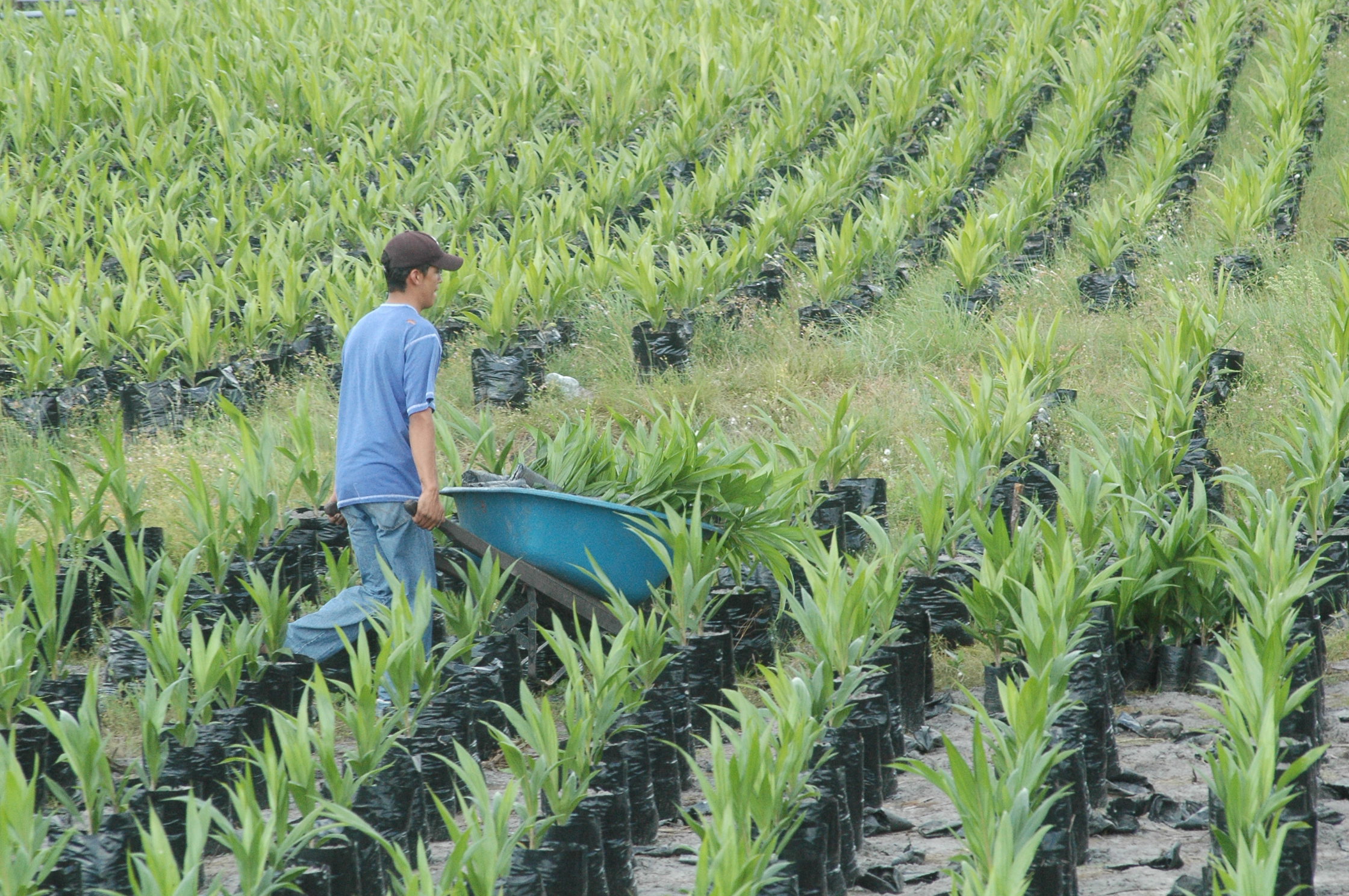
The agricultural sector accounted for almost half of the quarter's growth. Photo: Guillermo Herrara
Strengthening the agricultural sector is key: we can produce twelve months a year. While other sectors have experienced mediocre growth, agriculture has been the best performer. We are also committed to the mining and energy sector. The energy transition is important, but even more so is energy security. We will promote hydrocarbon exploration and conduct fracking pilot projects. In addition, we will boost tourism, a strategic sector, as well as the creative industries, where Colombia has enormous potential . These economic initiatives will be accompanied by competitiveness and productivity drivers such as deregulation, legal certainty, and substantial improvements in infrastructure, connectivity, and the road network. We have structured policy blocks that will positively impact all sectors.
You've been very critical of this government's handling of international relations. What needs to change? This government has acted with a criterion of ideological affinity that sometimes borders on criminal complicity. We will manage international relations based on the interests of the nation and Colombia's democratic tradition. Let us not forget that we are a founding member of the UN and the OAS. That has great value and must be restored.
What's the first thing you'll do when you become President on August 7, 2026? We will arrive with a package of decrees that must be repealed or amended, as well as bills to reduce the size of the state. We are talking with all the unions, asking them for a checklist of the necessary shock plan to move Colombia forward. This list will include decrees to be repealed immediately and bills ready to be submitted. But the most important thing will be to send clear signals of reassurance to Colombians and international markets. Once the election is won, we will begin all the preliminary work, because today there is great distrust due to the irresponsible management of the economy, something we have never seen before. We will also convene a security council to initiate, from that same day, the new policy on this matter. It is key that Colombians regain trust.
What has former President Uribe told you about the process? 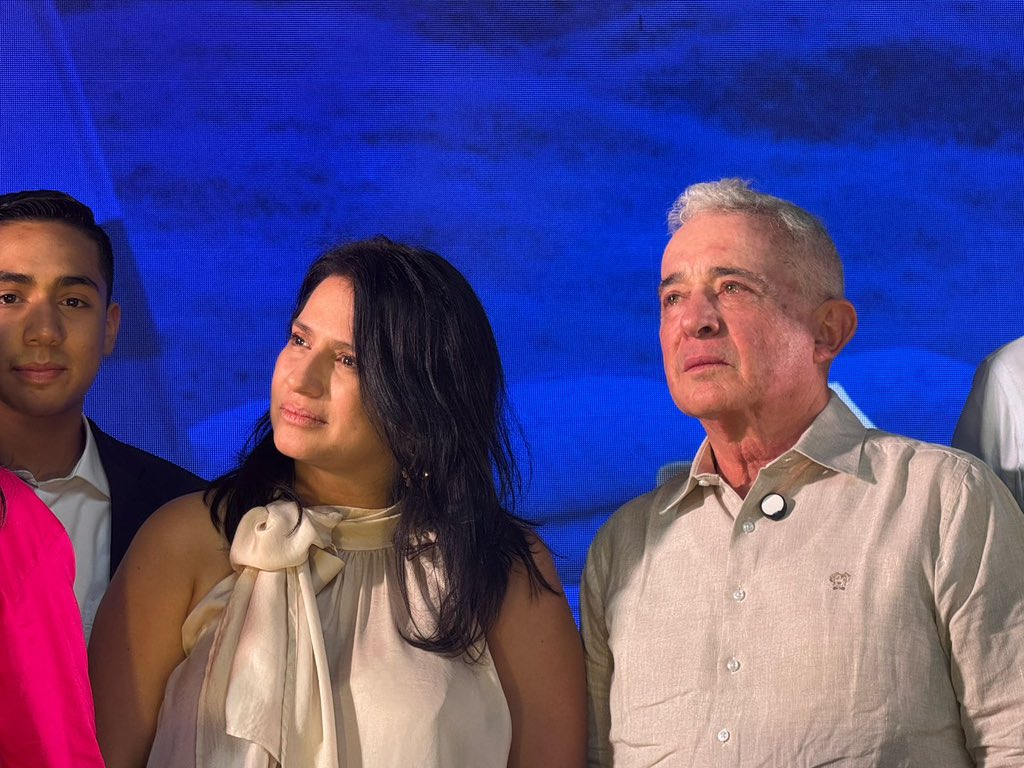
Former President Uribe's nod will be decisive in determining the candidate. Photo: Social media
He's very pleased with the forums. He says we should govern with phase three projects. No one can learn, only apply what they've learned. He insists we must have a government plan that becomes a development plan, clear and ready, so we don't waste a single day . He's obsessed with the details of each policy. It's very important because we're going to take over a country with serious problems: an energy security crisis, setbacks in public safety, and a deeply deteriorated economy, with a huge fiscal deficit. All of this requires well-structured emergency plans before taking office.
At what point did you start thinking about becoming President? 47 years ago. I'm 51, and when I was four, I told my parents I wanted to be president. They, who are now in heaven, I don't know if they were dying of laughter or fright, because they thought it was a childish whim. But as I grew up, I always reaffirmed that desire. Today, at 51, I still pursue that dream. I must be clear: I'm not obsessed with the position, but I am obsessed with saving Colombia, with achieving a national vision different from the one we're experiencing today.
Is it time for a woman in the Casa de Nariño? During the pandemic, seven of the ten countries that best managed the crisis were governed by women. A subsequent study found that women possess key characteristics in times of crisis: they are more executive, empathetic, communicative, multitask, and team-building professionals. There are already many women prepared to govern Colombia. Now comes the hardest part: winning the hearts of Colombians.
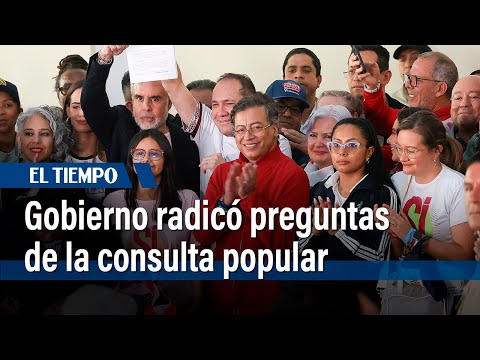
Filing of the referendum. Photo:
eltiempo





